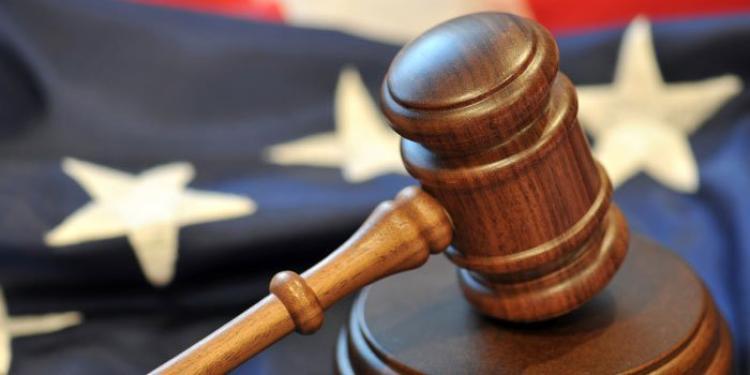Federal Judge Ruling Is Anticipated Over Sports Betting in the USA
Posted: November 19, 2014
Updated: June 4, 2017

The battle over sports betting in the USA continues between sports leagues and state officials.
American gambling news are full of reports concerning sports betting issues in the countries. While NBA Commissioner Adam Silver is now supporting the legalization betting on sports, there are other matters on the table as well.
There’s a battle being waged between five American sports organizations and state officials over sports betting. The attorneys for both sides have come to an agreement this week. It looks like both parties are now looking to a federal judge to provide some sort of judgment for the case.
Different stance
American sports leagues are still in battle with state officials over sports betting
• The recent update of American gambling laws is the main issue
• Sports leagues say the recent update is still unconstitutional
• A ruling by a federal judge is what both sides are waiting for
Naturally, sports leagues and acting state Attorney General John Hoffman, have different views on what the federal judge ruling should be. Michael Shipp, the judge in question, is scheduled to hear oral arguments in his courtroom in Trenton this week. The parties have submitted documents three days prior to the hearing.
However, there are doubts a full-blown trial is needed to provide a ruling in accordance with American gambling laws. Sports law attorney, based in Fort Lauderdale, Daniel Wallach, had the following comments: “The only reason to have a trial is where there are disputed factual issues. Here, by contrast, we only have legal issues that can be resolved on summary judgment without a trial.”
A lawyer for the state Thoroughbred Horsemen’s Association, who was serving in a court battle on the side of the state for two years, suddenly changed his opinion. One of his filings this week contained statement that the horsemen’s group “has not, and will not, waive its right to a full trial on the merits.” The attorney in question, Ron Riccio, went on to state that a multitude of recent league deals with daily fantasy sports firms means that the leagues have become “business competitors” of the horsemen, “rather than supposed guardians of their reputations of the integrity of their games.”
The horsemen are operating Monmouth Park, which is now leading among state racetracks and casinos in terms of seeking ways to offer sports betting to its clients and visitors.
Daniel Wallach, continued to state that both parties are in some sort of agreement where the federal judge can provide a ruling almost immediately. The judgment that both parties are awaiting should come on whether the state’s revised sports betting law passed last month is in violation of the provisions set by the Professional and Amateur Sports Protection Act passed by Congress 22 years ago.
The law
The newly passed sports betting regulation reallocates the betting licensing and regulatory powers away from state agencies right to the casino and racetrack operators. It’s all based on the fact that the 1992 federal law bans the spread of sports wagering (now including that offered at online sportsbooks in the US), beyond the four states that had already offered it.
On the contrary, the sports leagues are arguing that the newly amended law still provides a de facto authorization of betting on sports, and thus is unconstitutional in its nature.
Back in February 2013, Michael Shipp has already ruled in favor of the sports leagues. The judge has then found that state regulation of these gambling activities violates the federal law. The previous ruling was even upheld in the Third Circuit Court of Appeals last autumn, although the court’s panel was split: 2-1 on the issue if the federal law was an unconstitutional overreach on a state’s rights.
Monmouth Park operator, Dennis Drazin and the state officials have revealed confidence in prevailing at the Third Circuit level, rather than in Shipp’s courtroom. Shipp has filed a temporary restraining order last month, days before the Oceanport racetrack was to go ahead with betting on NFL games.
Shipp went on to side with the sports league’s position that should Oceanport track open Las Vegas type of sports betting, it will cause “irreparable harm.” The final decision will now depend on the upcoming court hearing. In case the trial on the merits of the case is bypassed, the case will move much faster to the appeals court, regardless of Shipp’s ruling.











